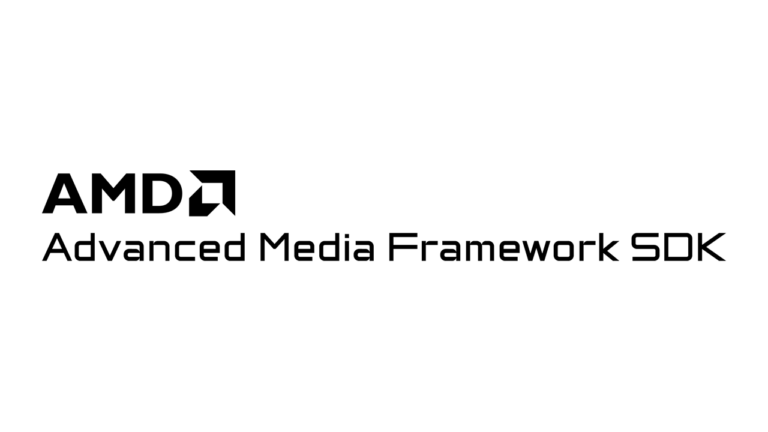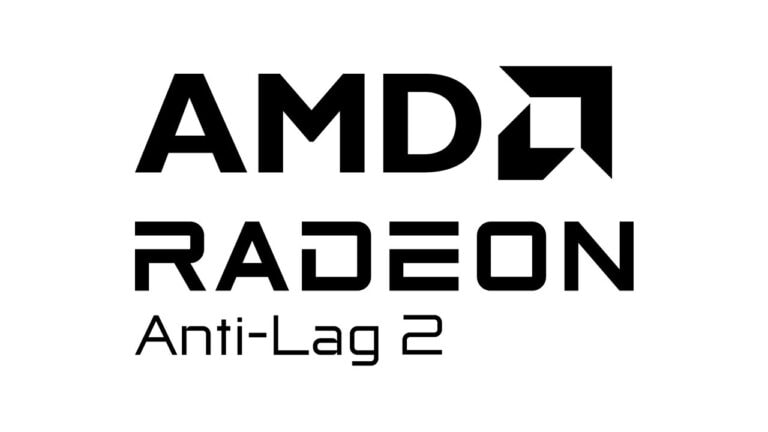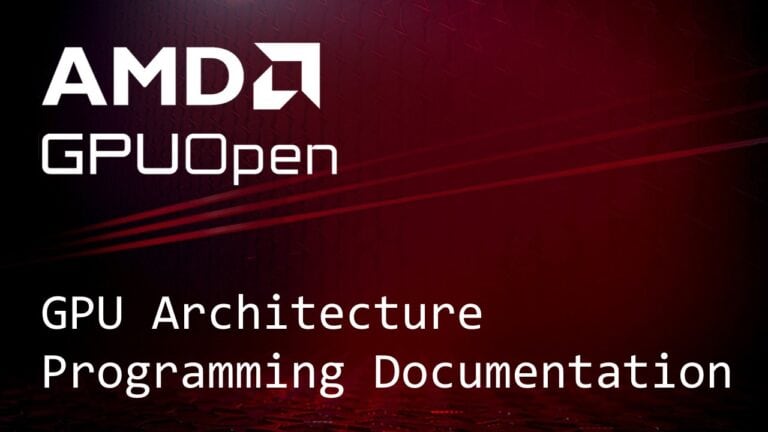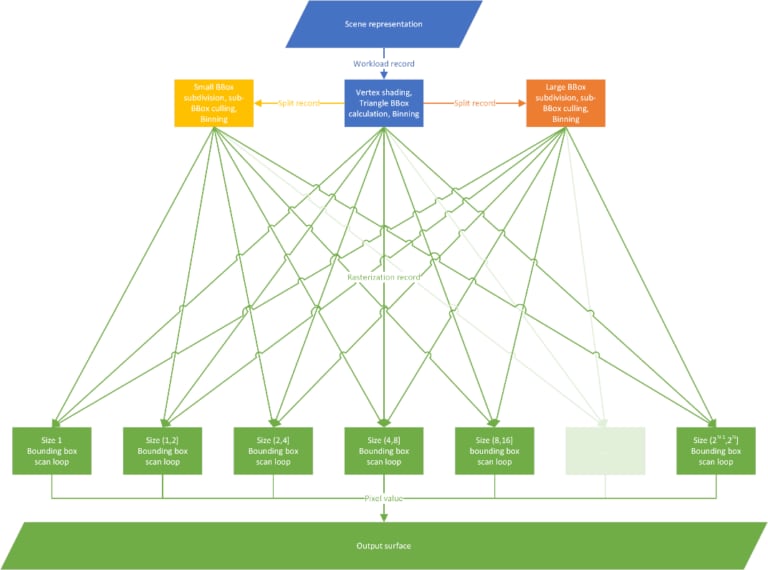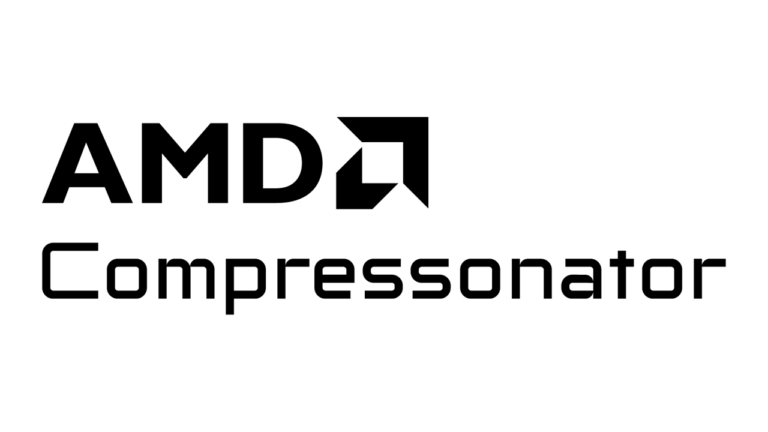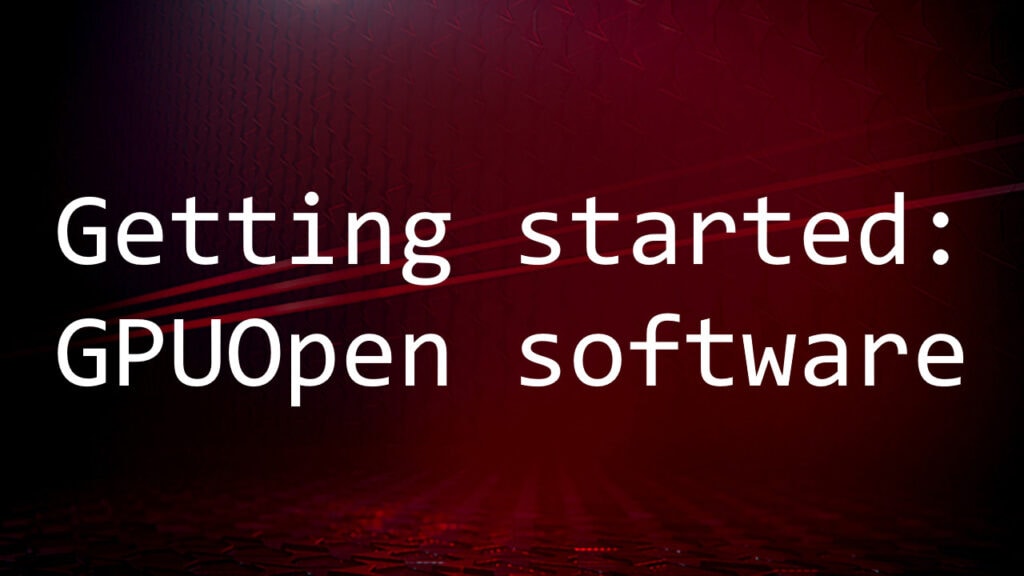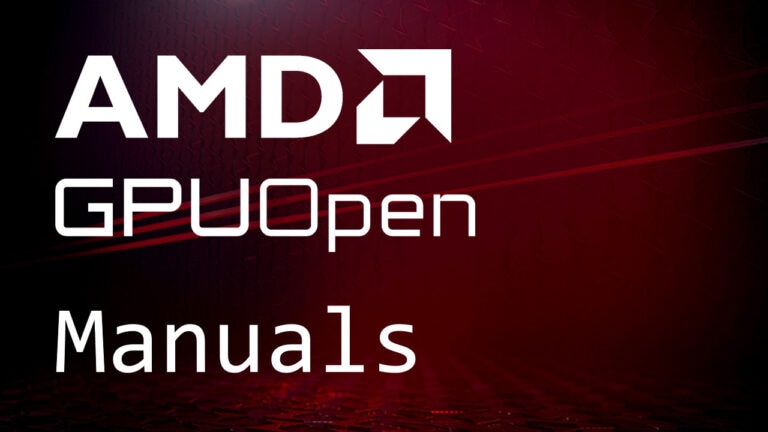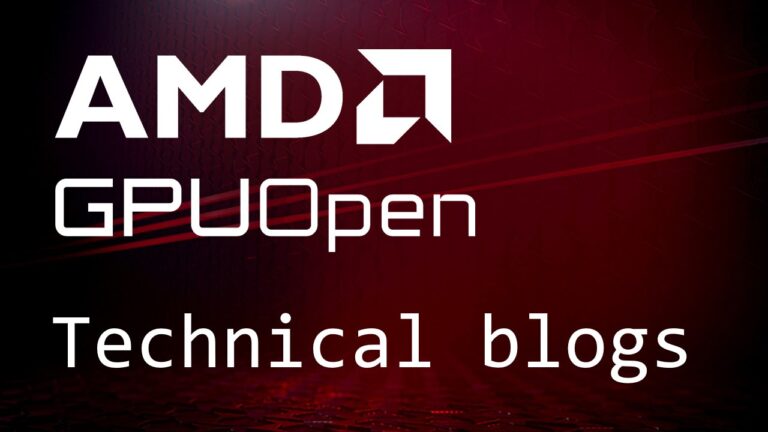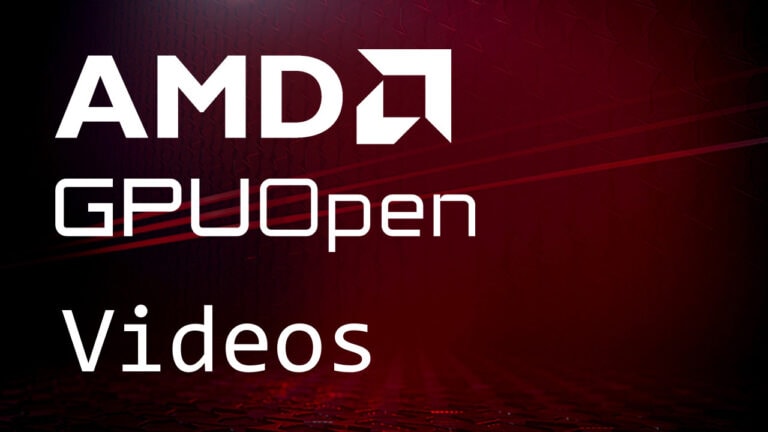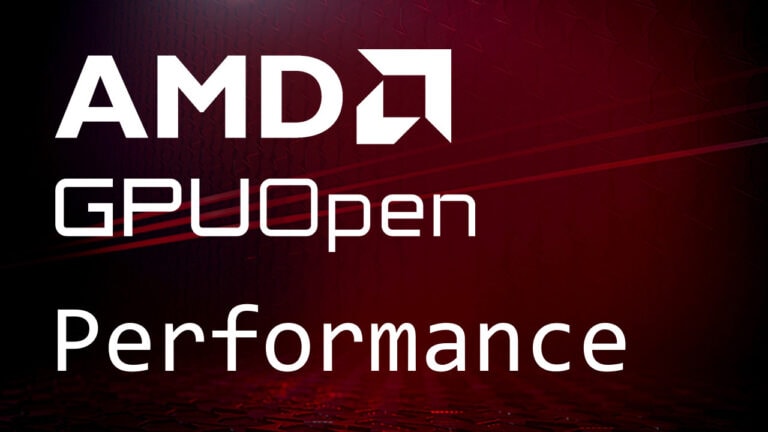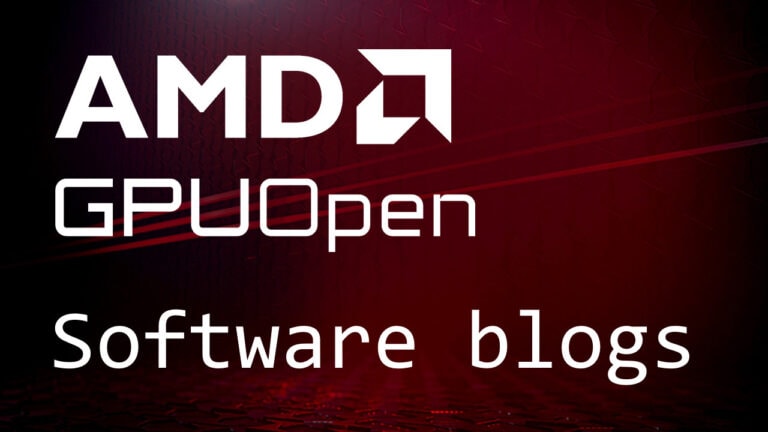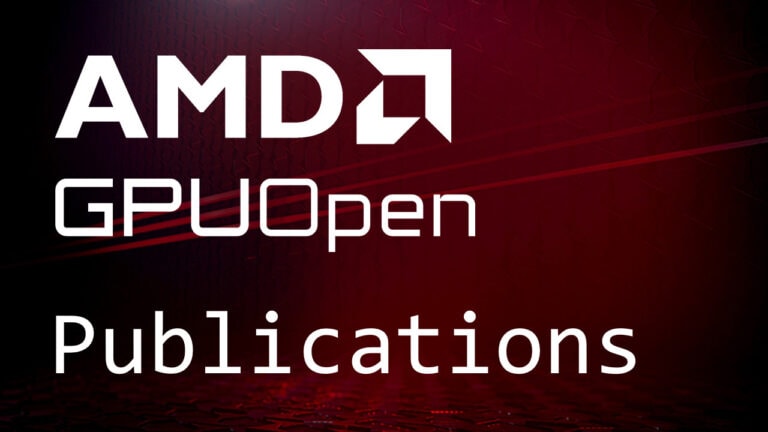Release notes
Features
- Linux support for the base library and the RPSL compiler.
- Support for dynamically loading Vulkan functions.
- Support for latest stable Agility SDK 1.608.3.
- Automatic marking of the discard flags to accesses.
Bug fixes
- Fix prioritization of queues for node scheduling.
- Fixes for MinGW support.
- Fixes for D3D12 heap creation.
- Fixes for ImGui Settings parsing.
- Fixes for latest ImGui version.
- Fixes for dynamic render graphs.
- Fixes for dynamic node declarations.
- Fixes for multithreading with dynamically declared nodes.
Other
- A comprehensive tutorial to get started with RPS.
- Improved documentation.
Give it a try!
If you want to test these improvements for yourself you can find them now on Github as before.
How to get in touch
We listen to feedback as much as possible, so keep raising issues on Github if you have any feature requests or think you may have found a bug.
While you can still get in touch with us via your AMD representative, @GPUOpen on Twitter or @GPUOpen@mastodon.gamedev.place we have added an additional, more direct channel of feedback. By using this invitation link, you can join our Discord server and chat with the RPS team directly. We are happy to receive any feedback and may adjust our prioritization according to frequently requested features.

